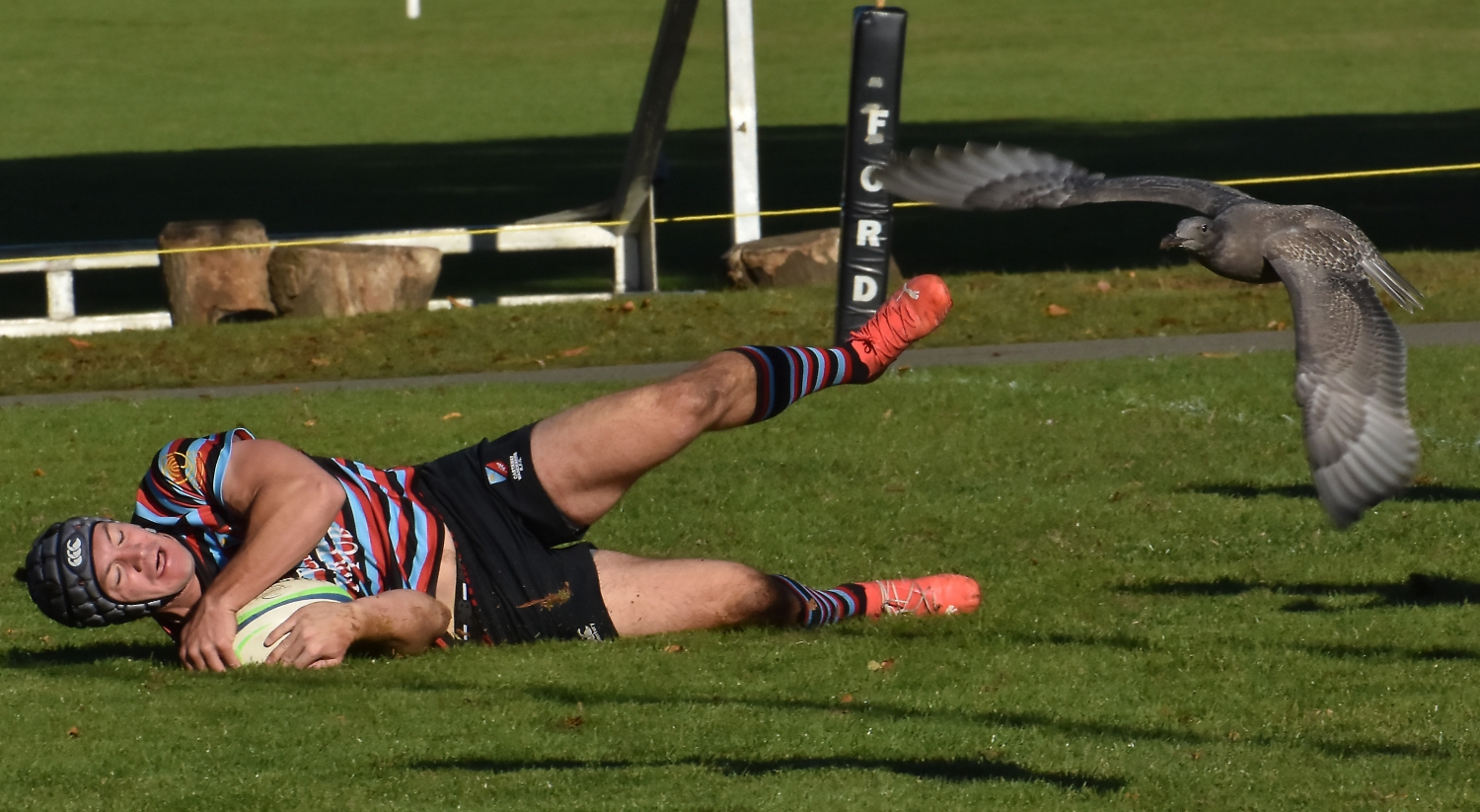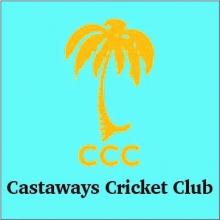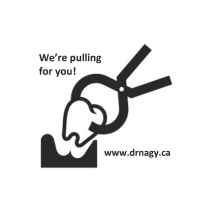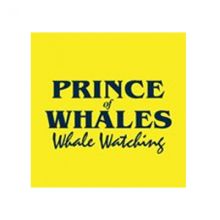Wednesday's Ruck & Maul

Ollie scores!
Rugby Reflection – A Bird’s Eye View!
Received one comment about a recent blog re MLR being arguably stronger with a new Miami franchise and a relocated from Atlanta to Los Angeles franchise, and the loss of the lone Canadian Toronto Arrows franchise. The point I should have included was that these larger geographical locations have a potentially larger support base. The west coast having a good rugby knowledge and interest base and the Miami Sharks, claiming to have a similar pedigree, serve to this point. So, what happened to the Toronto Arrows, a franchise predominantly manned with Canadian players?
One might postulate that it was mainly a matter of finances. This is not to infer anything as to the depth of Bill Webb (a quality rugby man) and Waypoint’s pockets, nor his recent passing, as the catalyst for the Arrow’s demise. The Arrows had what appeared to be a strong ownership group. Who knows if the equity stake in the league was raised or if it was solely increased operating costs, mainly those of travel, accommodation, and salaries with minimal income opportunities – attendance, sponsorship, and a battle for the entertainment buck?
American MLR teams seem to be constituted predominantly with American players, offshore players, and Canadian players, in that order. The Arrows roster on the other hand was predominantly Canadian, with little else. The 2023 season saw the team with a one-win/16 games record. Although the MLR appears to be making some headway in growing the game, at this stage, it is far from making the National programs of the USA and Canada stronger. In closing, thus the eggs in the US basket currently having a better chance.

This segues into today’s second story, that of the Vancouver Highlanders Rugby and the (International) Rugby Players Challenge
We have mentioned the creation of the Highlanders under COO, Curry Hitchborn, former successful coach of the UBC Men’s program, in an earlier blog. It appears that a similar program has been formulated for the four Atlantic Provinces and some Quebec selects, with the Atlantic Privateers. A much more elevated program at Queen’s University could also be included in this new level of high performance. In its initial season some have envisaged these teams to provide Highlander’s opposition, playing for the Rugby Players Challenge. The vision points to this being an “International” Challenge. One wonders how this will work.
For me, several questions arise. If it is to be “professional”, how will it be financed? Will it be able to attract sponsorship/attendance? Will there be sufficient quality opposition? E.g. Will the Pride program continue during the spring? Despite the unanswered, a coach, Caps’ Tom Larisch, has been appointed and the team’s first signing, CW’s Ollie Nott, has been announced.

The third and final POV for today relates to: “How to Fix Rugby”, a synthesis of comments by Wales’s Kiwi coach, Warren Gatland in the Daily Telegraph following a Rugby Symposium held in Sydney. Gatland espoused a long list of ideas, from reducing replacements, to rewarding enterprising play through law changes, and speeding up scrums. I like his thesis on there being too much kicking, because of territorial advantage being so important.
He specifically spoke of a change to the 50/20 kick, something that is mystifying to most of us plebeian “experts”. I quote; "These are the sort of quick fixes that can have quite a major impact on making our game more exciting. I would also like to see the 50:22 kicking law changed so that teams can attempt them even if the ball is passed into their own half. That could have the impact of making more space in the backfield.






























